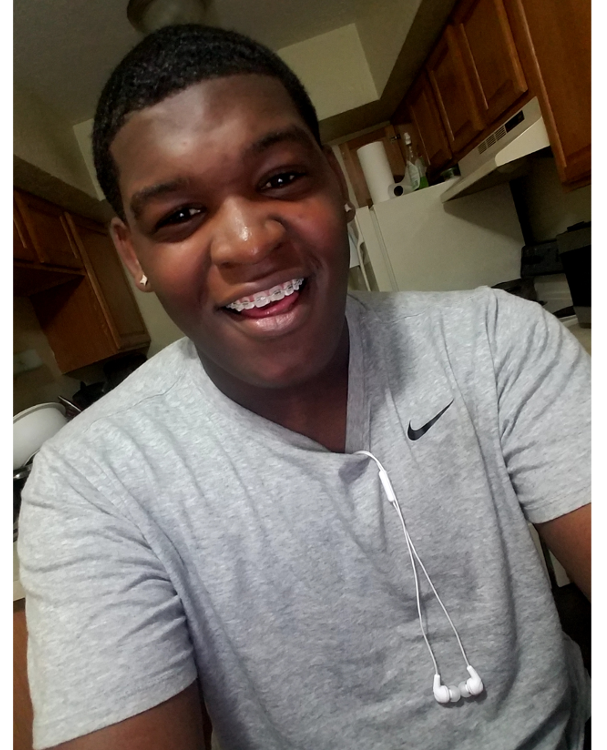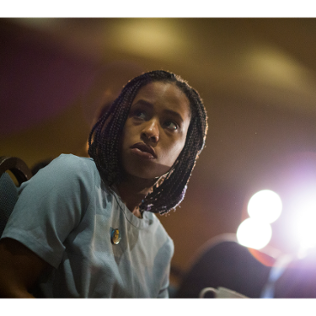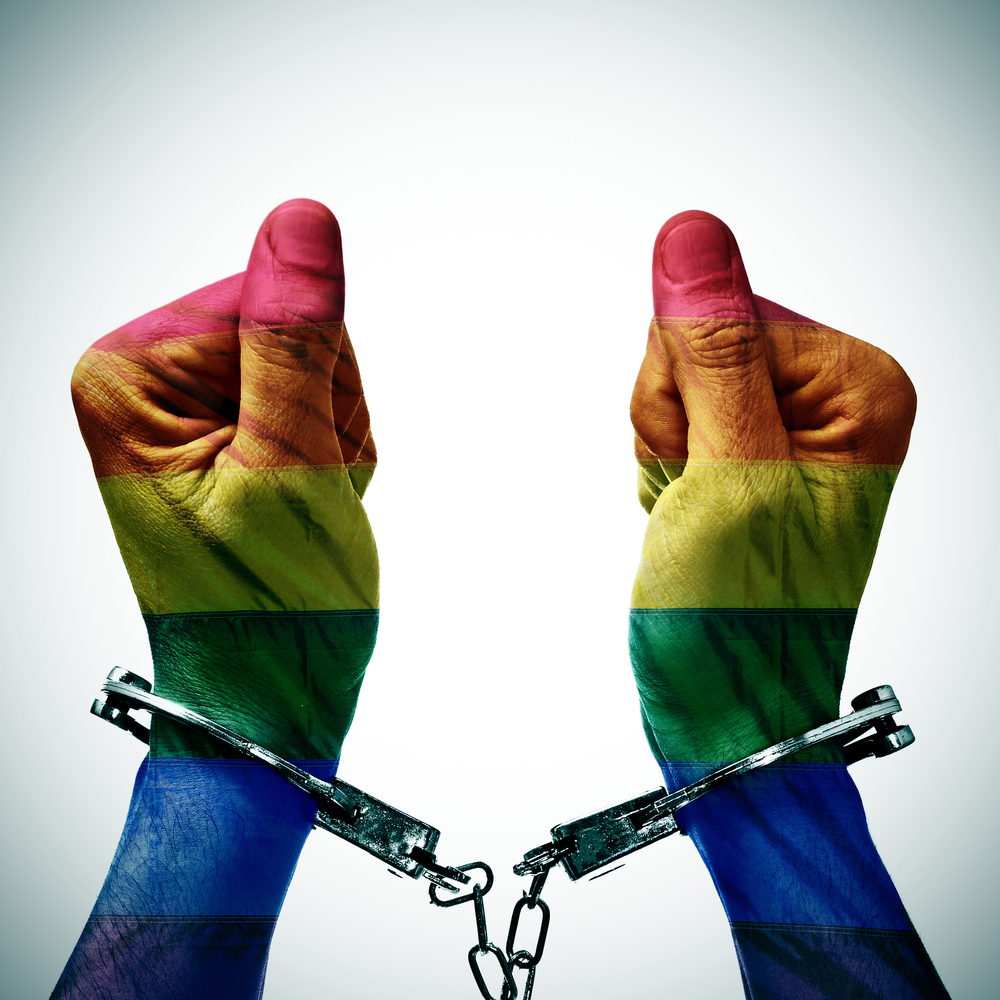Over the last couple of years, laws have been established to protect LGBTQ youth. Those laws should be upheld inside and outside any facility. It’s not a conversation that many people have, which is the reason I decided to write this. I chose to organize my thoughts in a Q&A format. My fellow Youth Council member, Aazia-Marie Ross, developed the questions.

Ja'Vaune Jackson
Javaune came to me with the brilliant idea of creating a blog post about the LGBTQ community within the juvenile justice system. As colleagues, Javaune and I connected almost immediately, without knowing that our struggles, victories and achievements were similar. As we began sharing and learning more about each other, we also created ideas in hope of giving young people facing the system more resources, including this Q&A.
This Q&A is a message of hope, strength, guidance and shedding of isolation. We want other young people to know that they are not alone, that we were in similar situations and we overcame and found ourselves through it and believe in others to do the same. Sexual identity and preferences are realities for everyone and should not be ignored due to a placement — if anything, support should be enhanced for young people finding those answers.

Aazia-Marie Ross
This is a resource for the young people asking themselves those questions and a reminder for correctional agencies and officers to support the young people asking those life-shaping questions.
A part of being successful is knowing who you are. Two questions that we all contemplate, including youth currently sitting in facilities across the country, are:
Who am I?
What do I like?
As you read this Q&A, think about all the youth who have these questions and are currently struggling to identify who they are or are not.
Someone to talk to
Aazia: Understanding preferred sexuality as an adolescent can be difficult, especially while incarcerated. Did you feel like you had any guidance or support during that time?
Ja’vaune: There were no staff or services available for me to express my thoughts and feelings at the facility where I was incarcerated. The only thing I was able to do was to write. Being able to write gave me an outlet to express myself freely and it unlocked something within me. Not having someone at the facility to help me understand things or not having any resources was very confusing.
Aazia: How could you have been supported more as a young black gay man experiencing the juvenile justice system?
Ja’Vaune: While being incarcerated, it would have been helpful to have some type of support from a therapist, counselor or other staff. I wasn’t able to understand some of the feelings and thoughts that were coming into my mind. Not being able to understand myself and feeling like I was doing something completely unnormal were very scary feelings. It would have been so helpful to me to have had someone to talk to who was going through some of the same feelings that I was going through. It would have also been helpful for my family to have had someone at the facility be able to explain what I was dealing with and answer their questions.
Aazia: Did you ever feel judgement from other incarcerated youth or facility staff about your sexuality?
Ja’vaune: I felt judgement from people almost every day that I was incarcerated. Facility staff were not helpful in my journey to understand who I was. Staff were completely unaware about me or anyone on the wing. I would struggle with who I was every day because I would always try to keep who I was a secret because I was in a place where there was no one to talk to. I also didn’t feel safe and was very confused about my identity.
Aazia: What do you want young men who are living what you once experienced to know?
Ja’Vaune: To anyone who is going through a time in their life where things aren’t making sense, don’t give up. Understand this is a time when you are starting to figure out who you are, what you like and who you are attracted to. Understand that self-love is the best love. You may not have the support from a friend or family member. You may even feel alone and like it's the end of the world. Just remember to put yourself first and be the best you can be. You will get past any obstacle thrown at you. You will keep growing into the young woman or young man that you need to be. You are brave, smart and capable of doing anything you put your mind to.
We are all human. We have all struggled with something in our lives. It is necessary that we bring awareness to this topic not just once a month, but each day by creating solutions on how we can better provide our youth with tools of success.
Ja'Vaune Jackson is a youth justice advocate from Springfield, Ill., serves on the Annie E Casey Foundation Youth Advisory Council and is a member of the Illinois Juvenile Justice Commission. He is a student at Illinois Central College.
Aazia-Marie Ross is a visual artist, poet and youth justice advocate from St. Paul, Minn. She currently serves on Annie E. Casey's Youth Advisory Council and The Coalition of Juvenile Justice's Emerging Leaders Committee with the hope to close all youth prisons and create effective diversion programs.
This post originally appeared on JDAIconnect.org.
